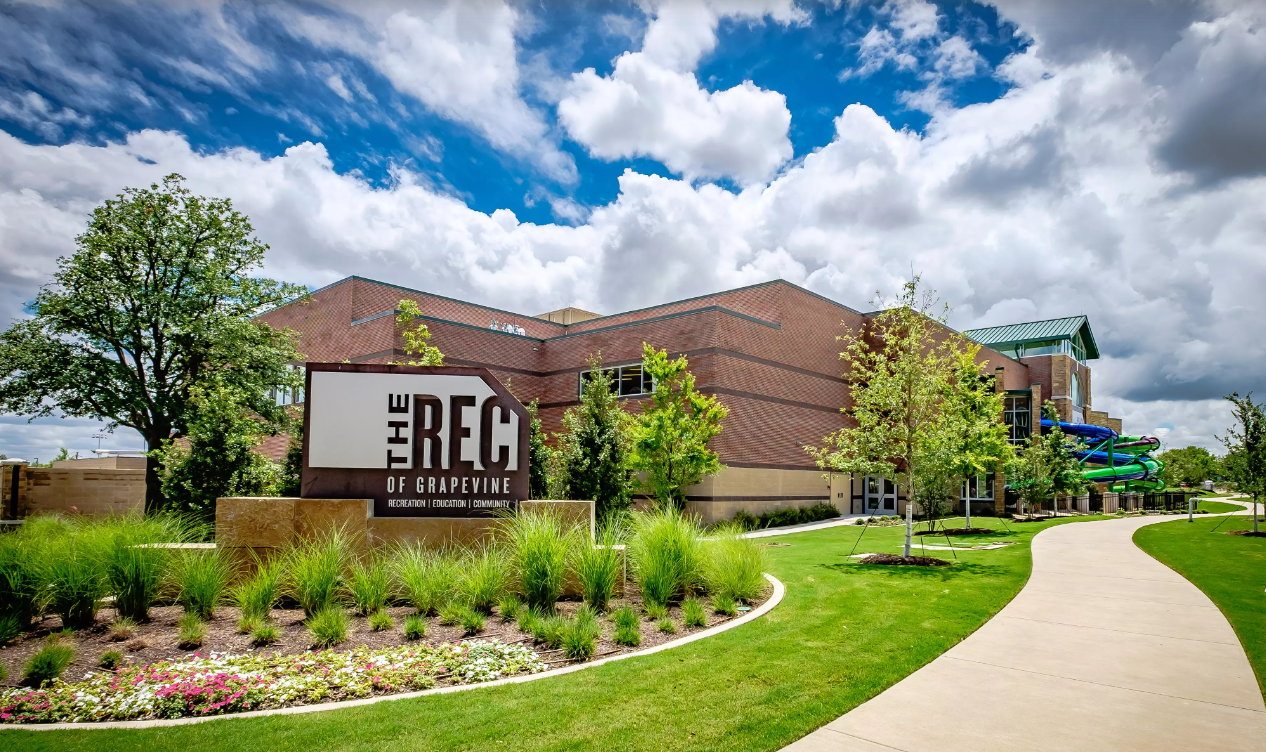Smarter Cities
18 Jul 2022
News
Over the past century, countries around the world have experienced rapid urbanization around their edges and deindustrialization in their cores. Cities worldwide will have to continue adjusting to climate change, large-scale migration, shifts in family structure, rapid technological changes, public health crises, and other powerful social and political forces. As they do so, they will have to address acute social needs, identify the underlying trends, and reassess patterns and systemic features of the built environment. Adjustments also bring new economic opportunities made possible by advanced technological changes, and social challenges as cities become ethnically diverse, persistently unequal, with aging infrastructure. In responding to these challenges, regulatory flexibility and physical planning are key mechanisms. Through the design of physical spaces, as well as the policies and technologies that shape how those spaces are used, cities will be able to sustain and enhance the quality of the human environment including places of production.
More Topics








